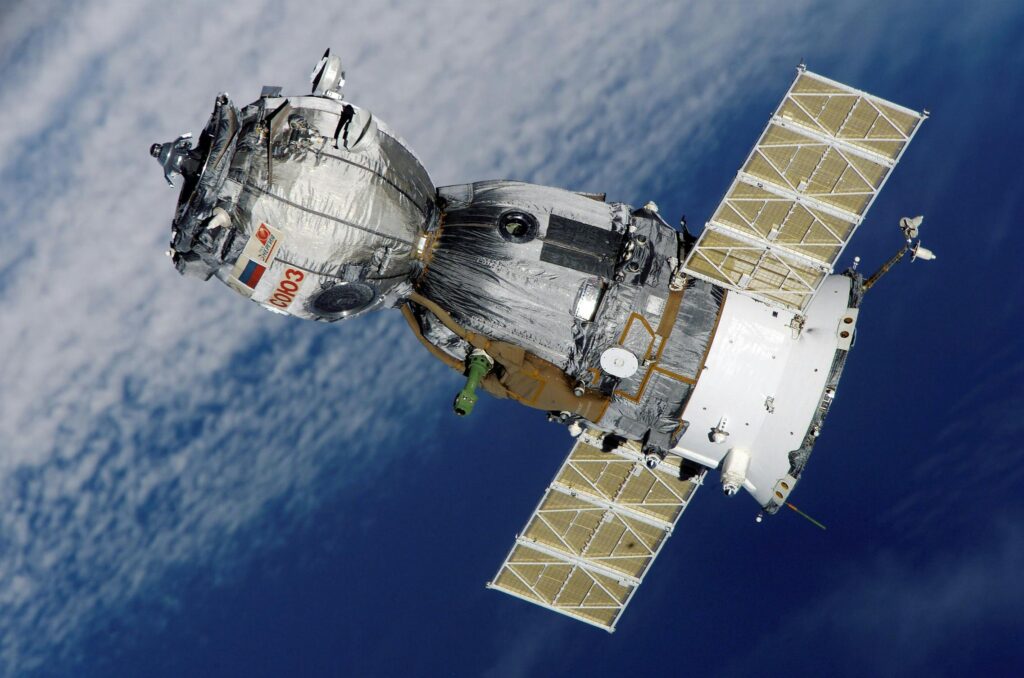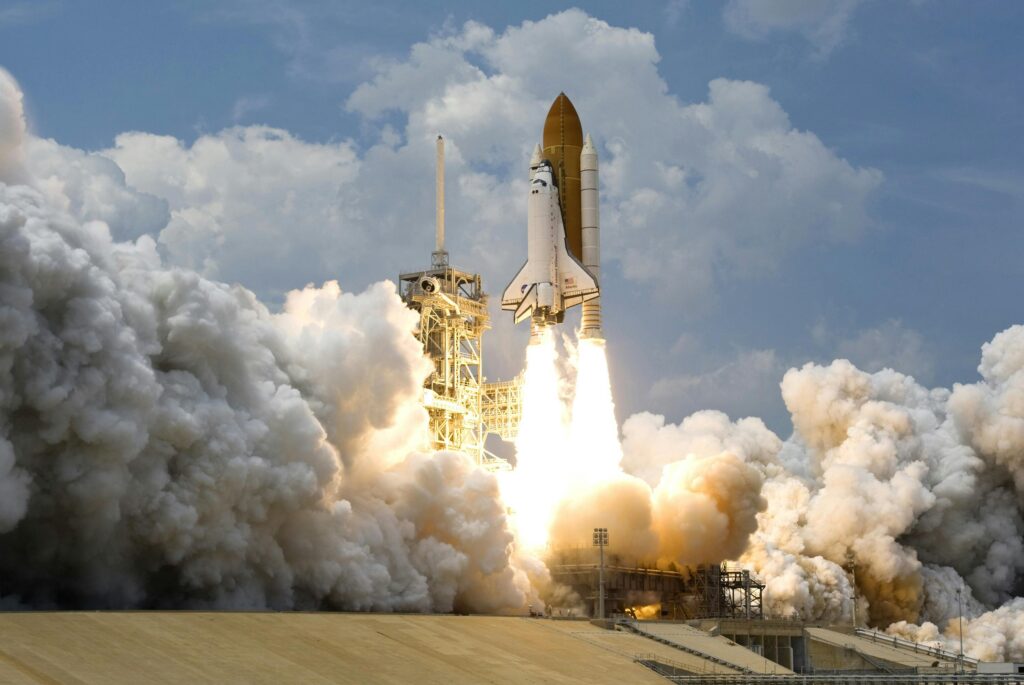
In the last few years, we have seen billionaires make headlines for investing billions of dollars into all facets of space exploration. Elon Musk, Jeff Bezos and Richard Branson are at the forefront of a new space race but, unlike the other space races we have seen — this one is being fought by creators, innovators and new private companies, not by countries. The obsession and theme for these billionaires comes down to ambition, innovation, and vision.
Space represents the ultimate frontier, for mankind. It is the vast uncharted territory where there is still room for creativity and exploration. For Elon Musk, who started SpaceX, their mission is to create a permanent human presence on Mars. If mankind is to survive a global catastrophe, we need to ensure that we have entrenched humanity on another planet. SpaceX readily reports about their future plans for sustainable life on Mars.

Next, the commercial opportunities are immense. For example, Jeff Bezos’ Blue Origin sees the function of what will be the future economy built in space. Think rare minerals we will find on asteroids and the potential for space tourism, and the return on investment would be immeasurable, and the possibilities endless. Blue Origin has plans to take space travel from inaccessible to potential affordability for all of us to utilize.
Lastly, space represents prestige and legacy. Billionaires should and should be competing for wealth but also to have their names etched down on humanity’s list of explorers and pioneers that played a vital role in severely changing our future for generations to come.
Billionaires seek space for another reason: technological development. Investing in space inevitably drives innovation in areas such as propulsion, materials science, and artificial intelligence. These innovations can translate into innovation for terrestrial use as well. Research has found that exoplanets are beneficial in other ways. By having satellites to gather data, satellite communications have also opened the world to global internet, weather forecasts, and access to GPS. Elon Musk’s Starlink is an evident practical example of this effort in the global south, where they intend to offer high-speed internet services.
There is also a philosophical angle to the endeavors of billionaires in space travel. A number of them believe that humanity has a multi-planetary future. This reflects anxiety about the challenges societies currently face with overpopulation, climate change, and dwindling resources. In their mind, space provides a long-term solution – ie backup planet. While this may appear as science fiction, it is instead an element of their transitioning strategies, survival patterns, and long range vision.

Finally, space travel meets their proclivity to be frontiersmen. To assess a billionaire – they rely on ambitions tied to their identity as people who can reimagine industries and then enable humanity to take action to attain that vision. Building rockets, space stations, and ultimately space tourism would be logical steps to take as they move on from backwards, ground-based ventures to planetary-based ones.
Billionaire privatization of spaceflight streamlines move faster than government space agencies like NASA, which often face bureaucratic red tape. Private funding makes a faster, flexible, practical, economically attainable dream possible. Space entrepreneurship and space infrastructure accelerate idea-to-implementation timelines, resulting in reusable rockets from SpaceX. Reusable rockets may overcome viable cost limitations for operating missions and deal with sustainability. Reusable is becoming the mainstay of logistics, reducing waste, and cost. NASA’s partnership with SpaceX illuminates shared services and public-private partnerships as the future of spaceflight.
There are competitive implications for these billionaires. Space as a frontier or new marketplace is fast becoming an avenue of wealth in services and or property and innovation. What is actually taking place is a competition towards space; a throwing down the gauntlet to one-up each other, undisputed bragging rights to be the vanguards of exploration, the first and discover space for the fastest, cheapest, and most effective.
In summary, the spaceflight experience is the future of a hybrid experience of adventure, economy, and elitism.